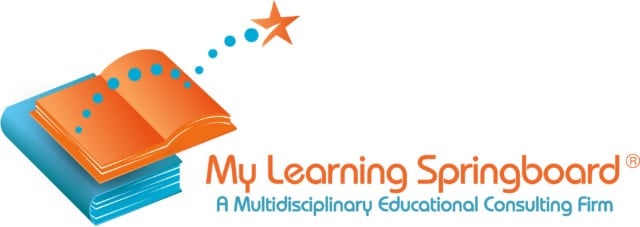
Boarding schools are an incredible option that not enough families are familiar with. Having grown up in the midwest, neither Faya nor I grew up in a boarding school culture. If referencing boarding programs, more often than not we would hear something like, “Oh, he was sent away to boarding,” implying that the student was a behavior problem. But moving to New York City greatly changed our perspective, and we’ve spent the last 10+ years immersing ourselves in boarding school programs across the United States as well as internationally. We’ve visited dozens of boarding schools to learn more, first hand, from students, faculty, school leadership, parents, and other educational professionals. Our school visits have ranged from the most competitive schools in the country to the premier specialized schools for students with learning disabilities to phenomenally successful therapeutic boarding schools and residential treatment centers providing a continuum of support. Now that I know what I know, I’m positive I would have benefitted from a boarding program! So what advantages do boarding schools offer?
Whether mainstream or specialized, boarding schools (and junior boarding schools) offer a completely integrated academic, athletic, artistic, and social experience designed specifically to meet the needs of adolescents and teenagers. Parents in New York City know all too well the challenges of schlepping students to/from school, to/from Roosevelt Island for athletics, to/from the dance studio or music classes, and to/from various appointments on one end of the city or the other. Our ambitious students regularly experience the serious time drain of managing all the logistics and transitions. At boarding schools, this time loss is better avoided. Everything happens on campus, or transportation is organized to compete against a nearby school. Many boarding schools have half-day Wednesdays to facilitate afternoon sports, which is offset by Saturday morning classes, followed by sports practices and competitions. Clubs and other extracurriculars are more easily managed after the school day and weekends. Study hall, advisory, and learning support with faculty is similarly managed within set hours. Homework conflict doesn’t really exist because all students have scheduled study hours. Technology use and access to wifi is also carefully managed so that all students in a particular grade level have the same parameters imposed, thus mitigating more serious issues with screen time, gaming, and video distractions. In this way, all students benefit from a structured, systematic approach that’s predictable, consistent, and supportive.
While prospective families worry about sustained time away from their children, our current and past families generally report enhanced relationships because of the boarding school calendar and structure. School breaks tend to be longer and usually come without intense homework expectations. Therefore, students are more present and available to engage in positive, constructive relationship building at home. Parents also have regular access to school faculty, learning management systems, campus events, and visitation. Moreover, our boarding school students benefit from incredible mentorship and guidance from advisors, dorm parents, classroom teachers, coaches, college counselors, and the school faculty at large. With this interlocking network of adult supports in place and collaboratively managing some of the most fraught work of raising a teenager, our boarding school parents experience less stress with their adolescents and teenagers.
When we visit boarding school campuses, we are very impressed by the overall level of engagement and genuine happiness among students and faculty. The facilities are usually pretty incredible, and students have much more time to dive deep with their coursework and independent study. There’s time for academic exploration, research, and trying new activities all while managing rigorous academics and an incredibly satisfying social experience. Specialized programs offer the pedagogical expertise, and/or clinical expertise, necessary to help each student succeed despite learning and/or emotional challenges, and again this support is fully integrated across campus.
For parents who are sure this option is NOT for their family, we strongly encourage them to visit at least one boarding school program as part of their school research, just for comparative purposes. There are so many ways to organize schooling, and boarding schools deserve serious consideration, especially in the New York City area where we’re limited by space, both in terms of facilities and the number of classroom seats. Adding boarding schools to the list creates many more great options. Faya and I are happy to help with this exploration as part of our admissions consulting support.
By Brad Hoffman, M.S.Ed.Board Certified Educational Planner and Learning Specialist
My Learning Springboard

